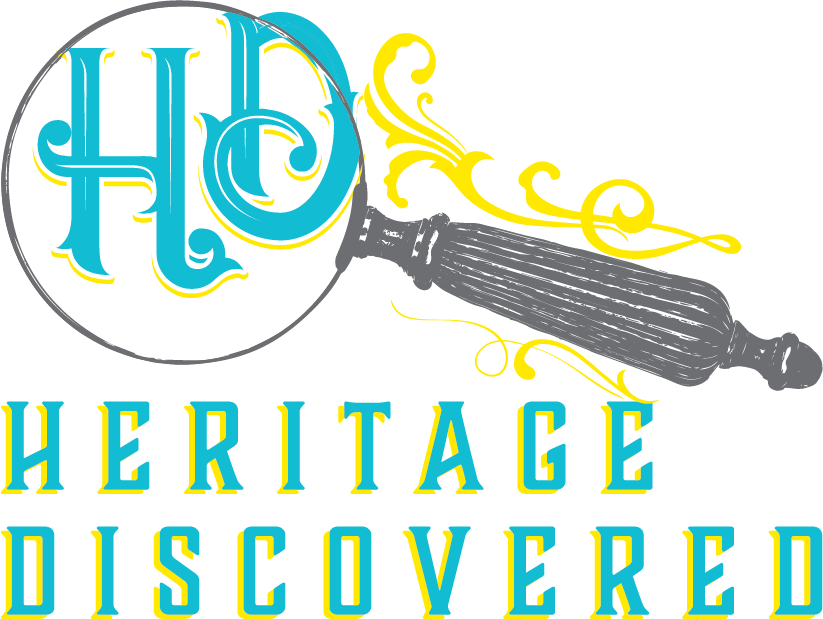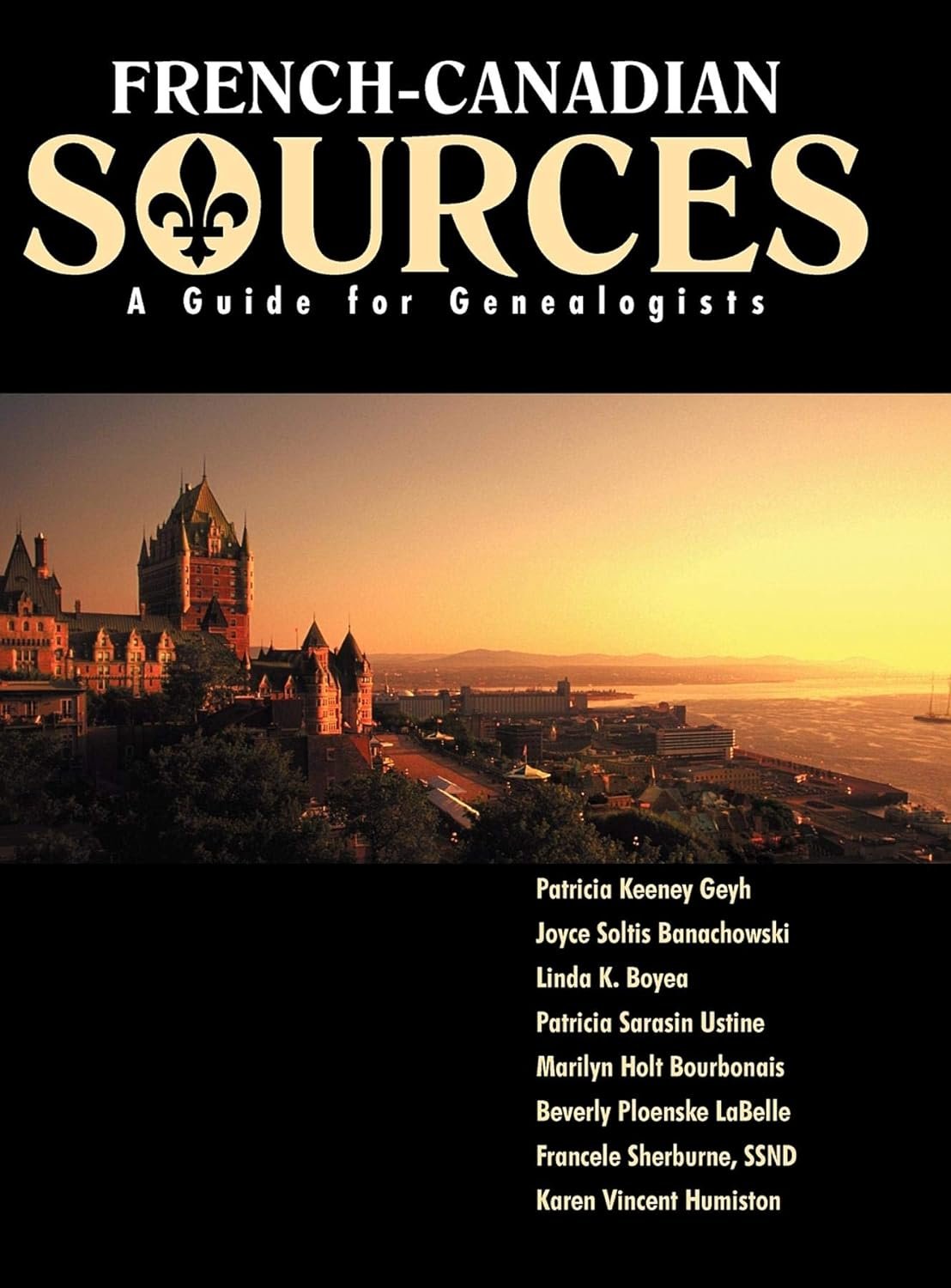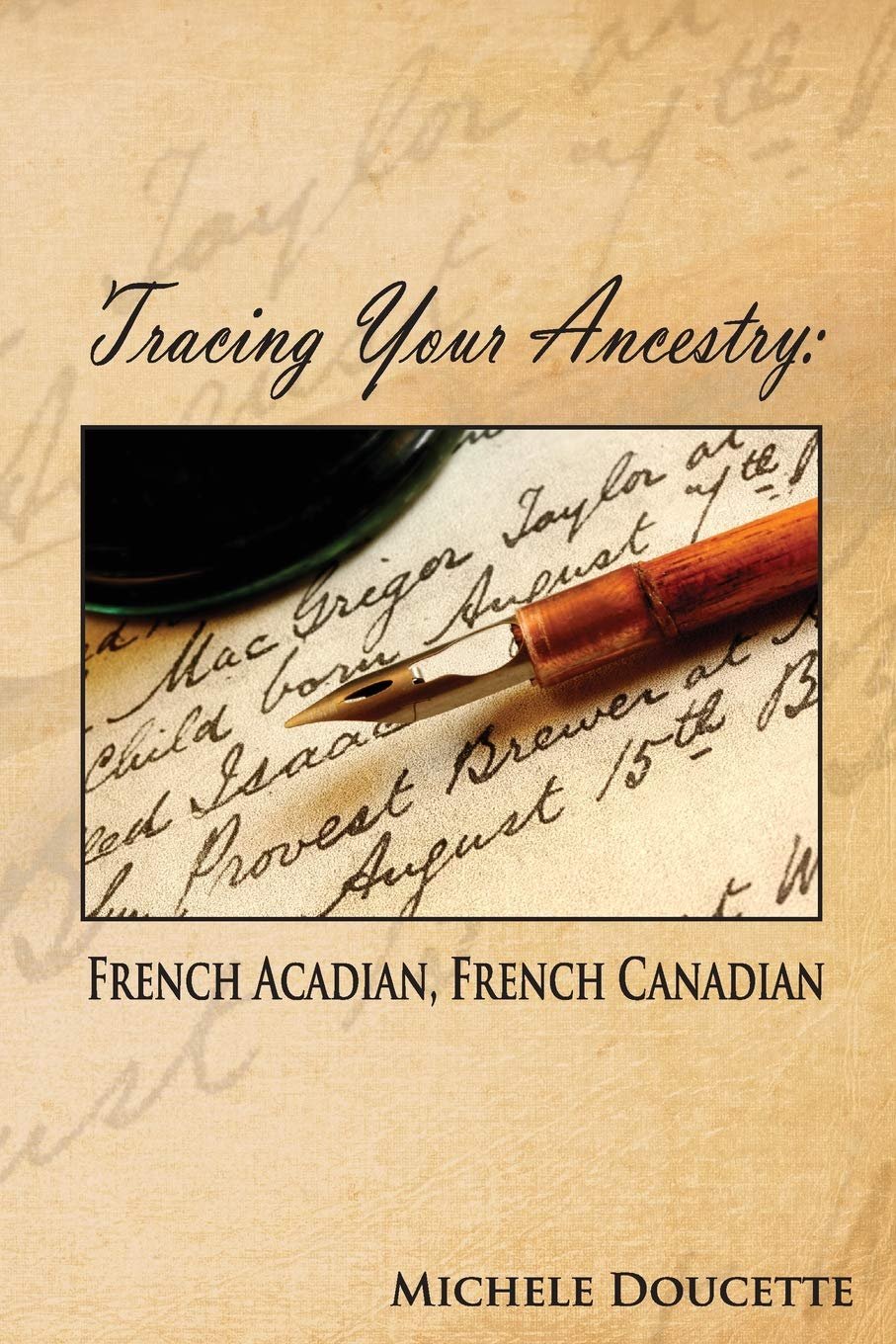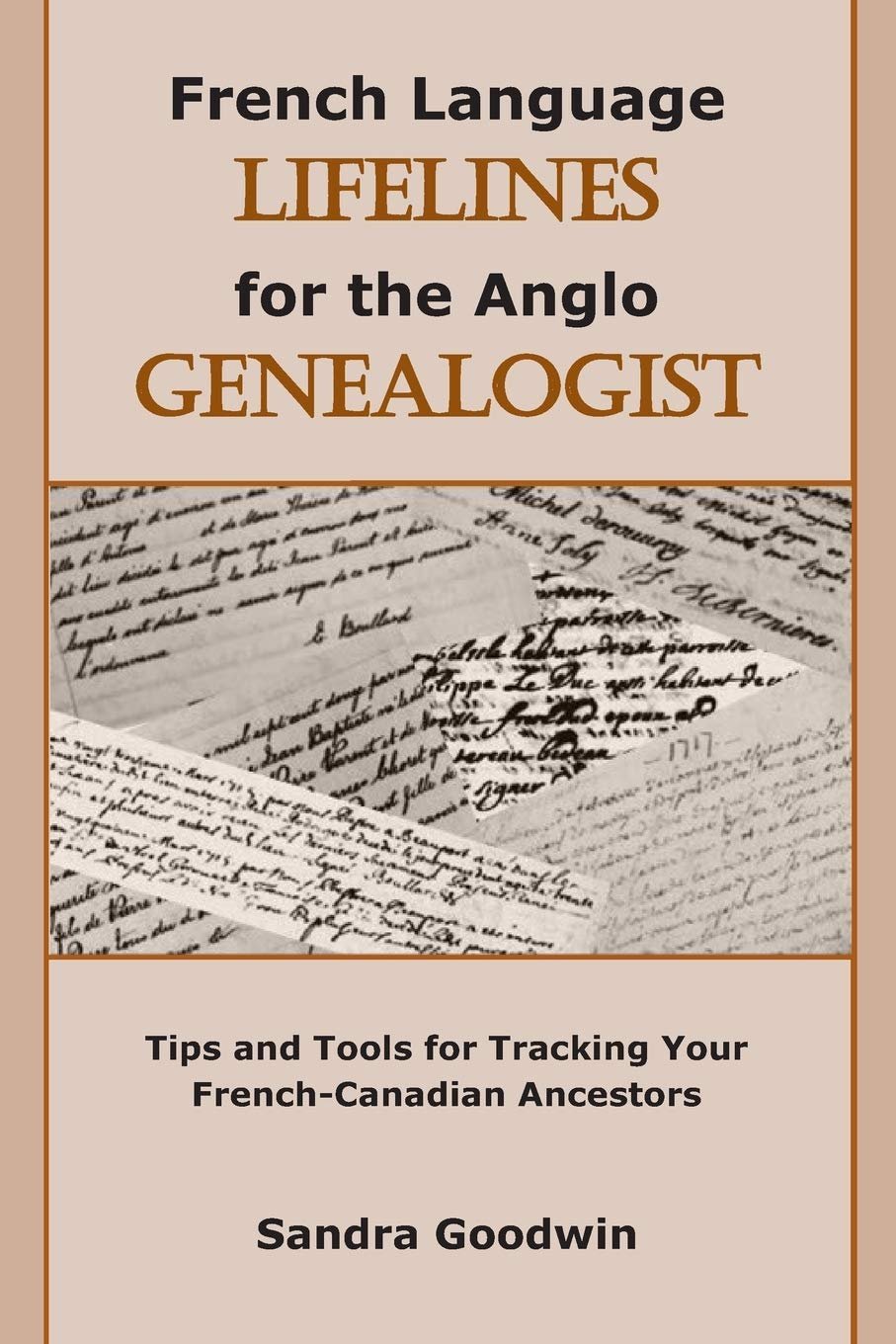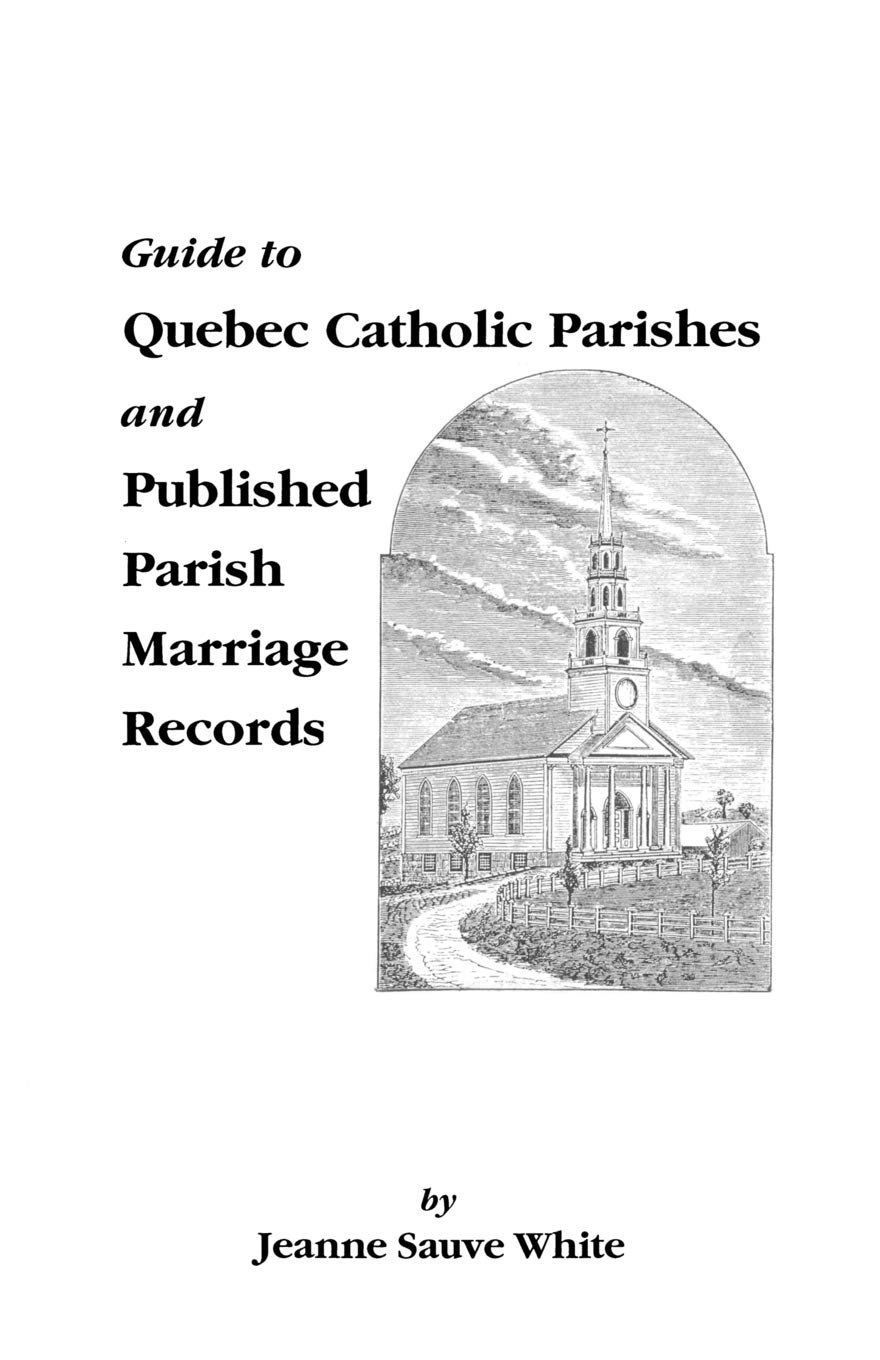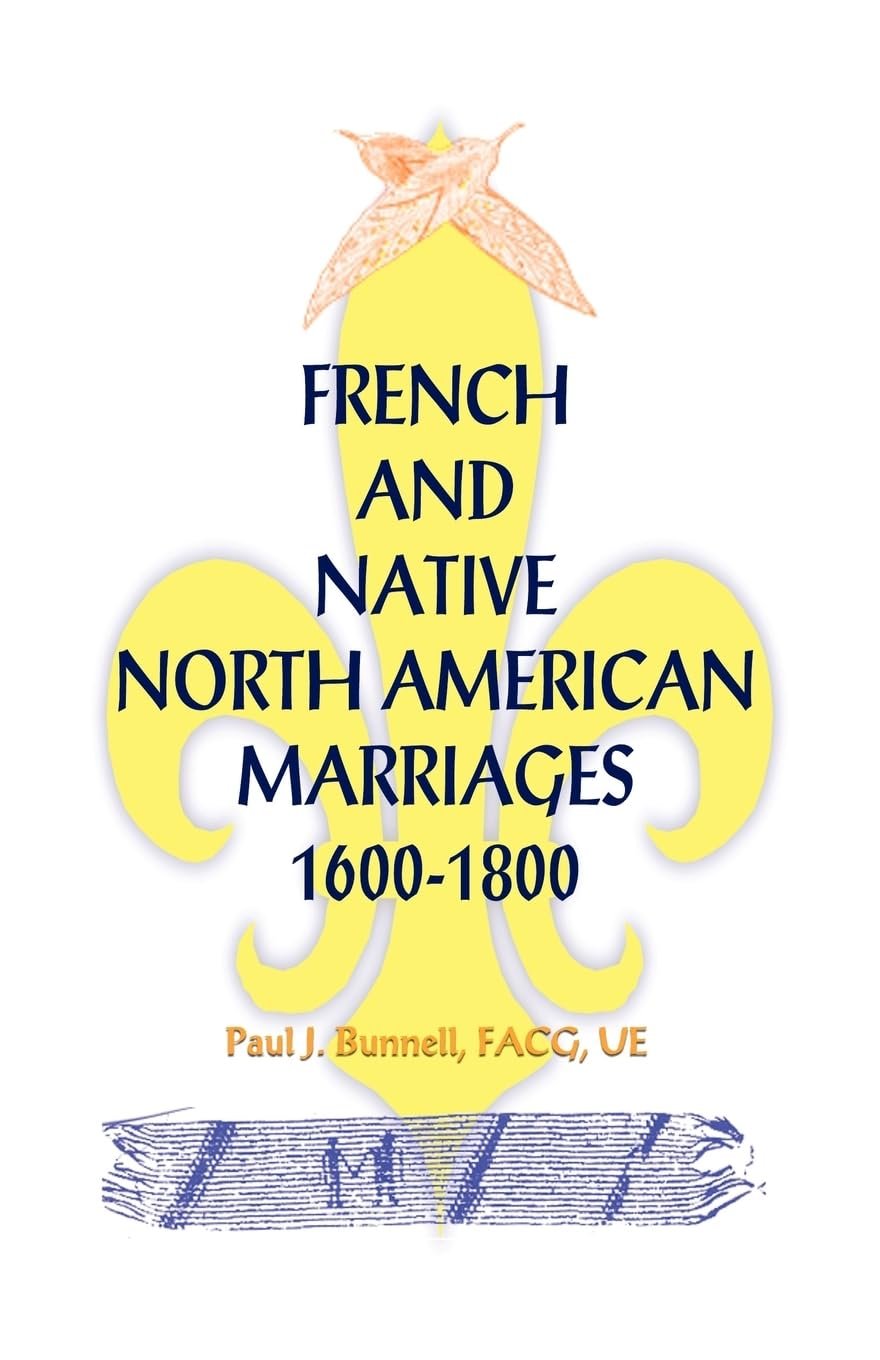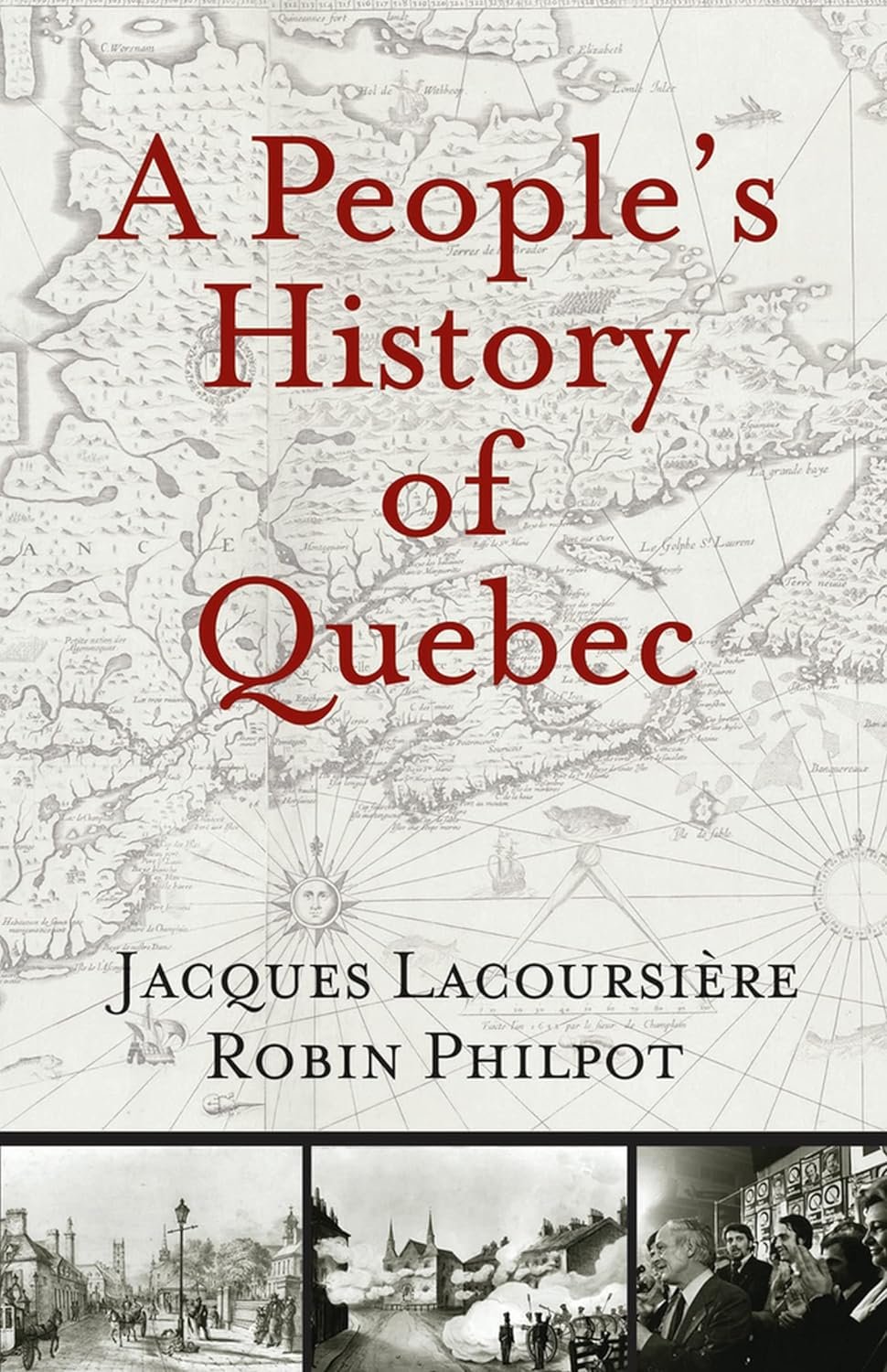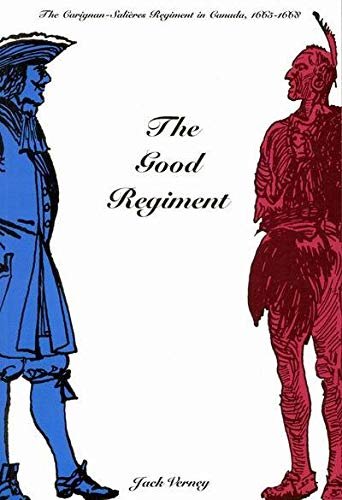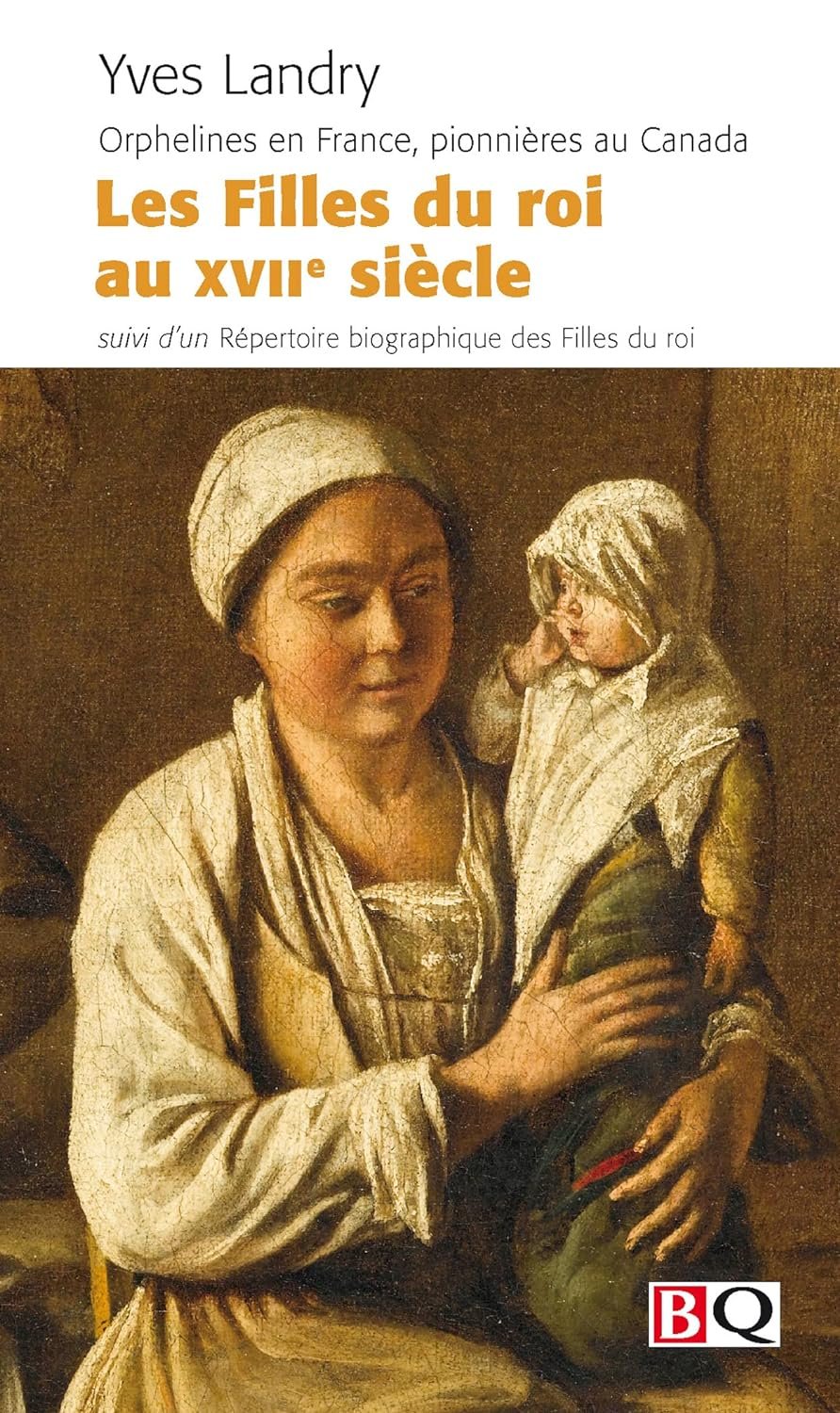9 Essential French Canadian Genealogy Books to Strengthen Your Research
*This post may have affiliate links, which means I may receive commissions if you choose to purchase through links I provide (at no extra cost to you). All opinions remain my own.
Updated July 21, 2022
Are you of the 850,000 or so people in the US who have French Canadian roots? If so, you may be a descendant of a fille du roi, fille a marier, or a Carignan-Salieres soldier.
Quebec has a vibrant, 450-year-old history. New France was founded in 1534 and had five districts in Canada, a lot which lay in today’s Quebec province. In 1608, Samuel de Champlain founded the settlement of Quebec. Over 65,000 settlers lived in the region by the 1750s. In 1763, New France was ceded to Great Britain at the end of the French and Indian War and the French Canadians became British subjects. Today, the province of Quebec is the largest province in Canada with about 8.4 million people.
If you want to learn more about your French-Canadian ancestry, here are some excellent books to get you started on your family tree research!
9 fabulous French-Canadian genealogy books
Created by members of the French Canadian/Acadian Genealogical Society, French Canadian Sources: A Guide for Genealogists gives detailed explanations about the genealogical sources available to those seeking their French-Canadian ancestors. I’ve had this guide for years and it’s a great resource. It overviews everything from naming patterns to primary and secondary sources to niche areas of research.
Tracing Your Ancestry: French Acadian, French Canadian helps people with both French Acadian and French Canadian ancestry. This book goes over resources and historical information for the region, like Carignan-Salieres Regiment.
French Language Lifelines is a more recent book focused on helping you understand and translate French Canadian records.
Guide to Quebec Parishes and Published Parish Marriage Records covers county-by-county lists of all known parishes through 1900. It also gives the names of each parish in the county and what the oldest records are for each parish, and if the marriages are found in the Loiselles Marriage Index.
French and Native North American Marriages has primary and secondary sources on Native American marriage records for Eastern Canada and upper New England. Although it’s not an exhaustive list, names and details of many marriages are listed alphabetically.
Companions of Champlain focuses on the 18 pioneer families who settled in the city of Quebec with the city’s founder, Samuel de Champlain. Three generations of the following founding families are traced: Amiot/Amyot, Boucher, Bourdon, Cloutier, Cote/Coste, Couillard/Couillart, Delaunay, Desportes, Giffard, Guyon, Hebert (Quebec's first colonial family, Hebert, is followed through five generations), Juchereau, Langlois, Marsolet, Martin, Nicolet, Pinguet, and Tardif/Letardif. A 2016 addendum adds the Boucher Family. The book also gives information on how people can trace their trees back to these founding families. Maps and pedigree charts are included.
A People’s History of Quebec gives the concise story of the settlement of the St. Lawrence Valley and the Montreal through today.
The Good Regiment: The Carignan Salières Regiment in Canada, 1665-1668 is the story of the Carignan soldiers during their three years in Quebec.
Les Filles du roi au XVII siecle is in French but has directories with all the filles du roi and their husbands. It also gives a brief history on the filles du rois.
Also excellent, but a little harder to find, are Before the King’s Daughters, The Filles a Marier and King’s Daughters and Founding Mothers, The Filles du Roi, both by Peter Gagne and available here.
If this post was helpful, please consider “buying me a coffee”. Tips through Ko-Fi help me create more content like this for you! Thank you for supporting my small business!
Final thoughts
What are your favorite French Canadian books for genealogy?
Related posts:
What is a nom dit and why did my French Canadian ancestor have one?
